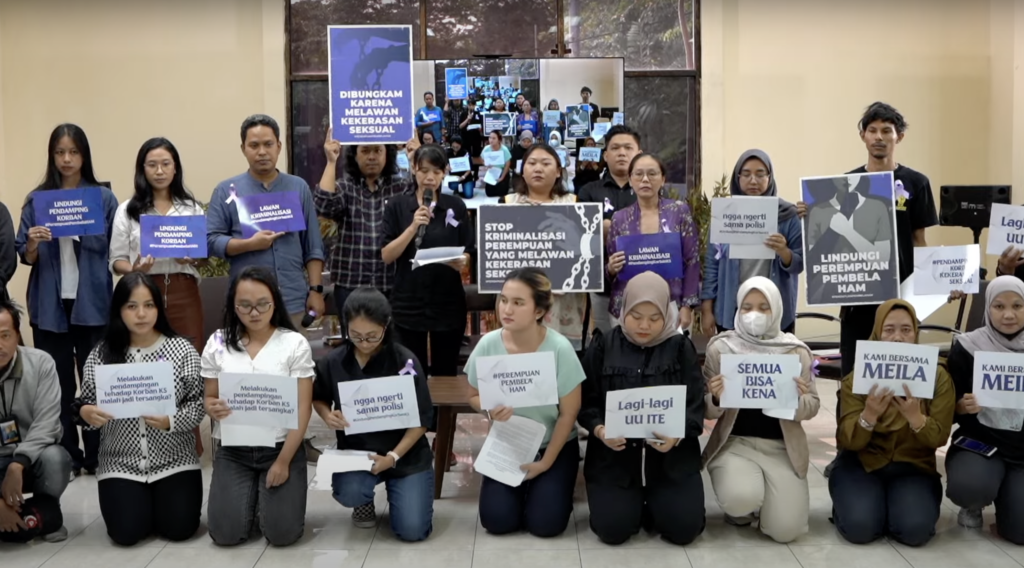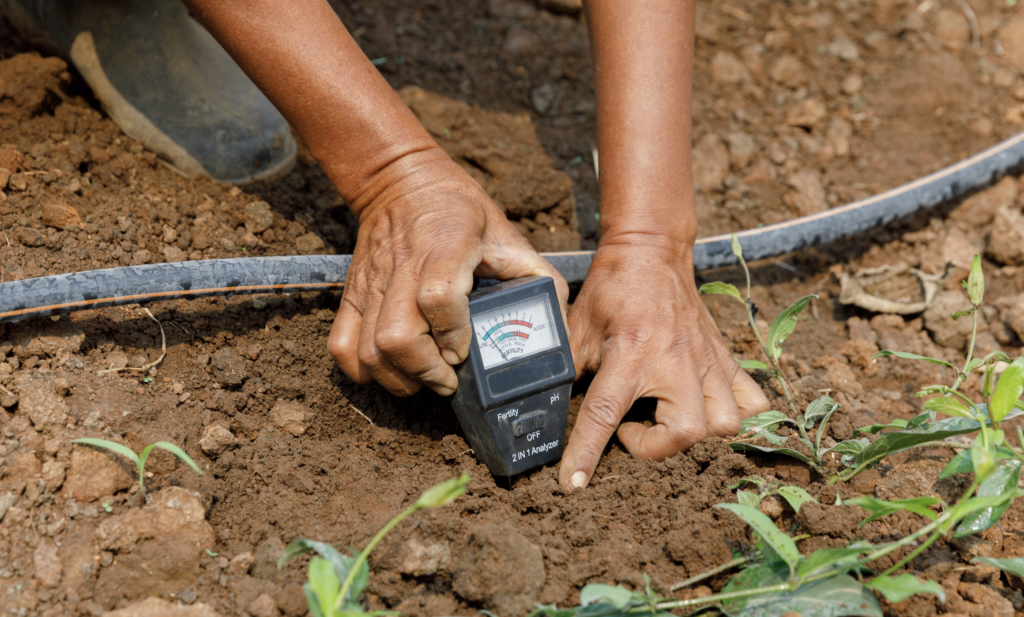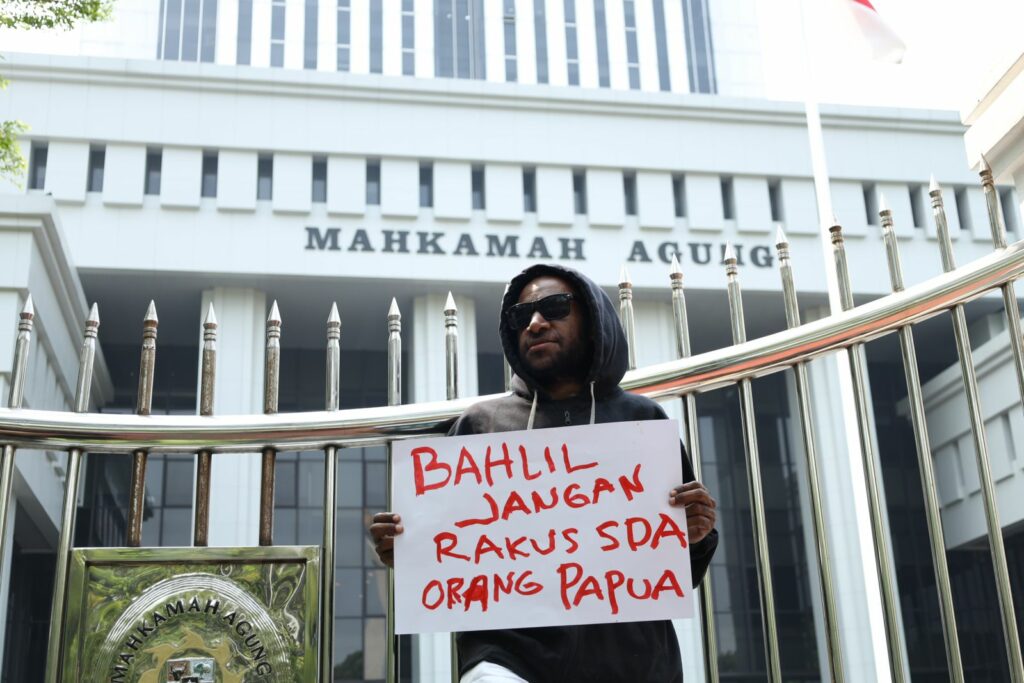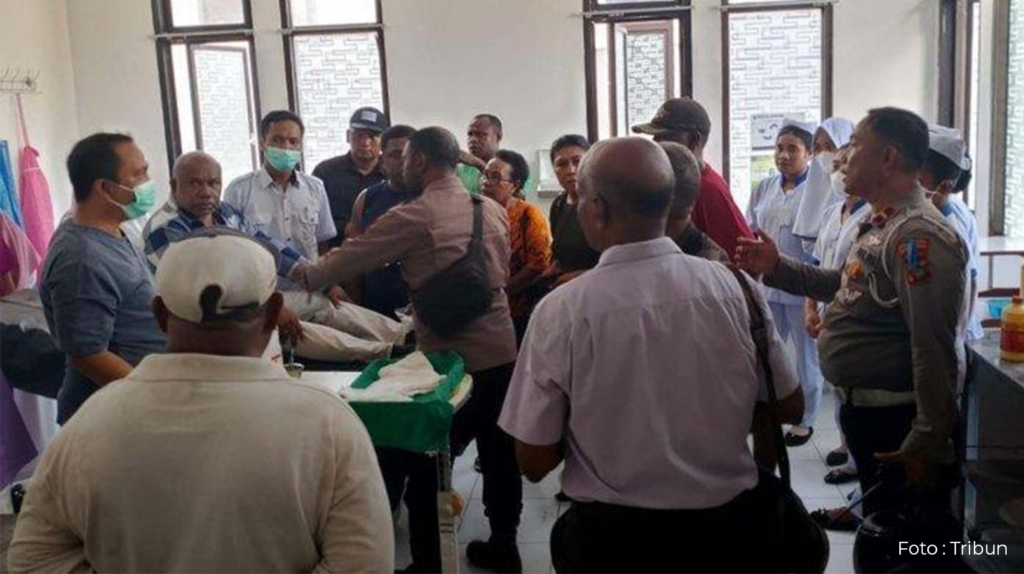[Joint Statement] Afghanistan: Two years after Taliban takeover – Gender apartheid and persecution of minorities in Afghanistan must end
The undersigned human rights organisations across Asia are in solidarity with the people of Afghanistan. We call on the international community to hold the Taliban accountable for their human rights violations; to protect the vulnerable groups; and to defend fundamental freedoms, especially those of women, girls, and ethnic and religious minorities in Afghanistan.
For two years since the Taliban takeover, the people of Afghanistan–particularly women, girls, and minorities–have been prohibited from practising their most fundamental rights and freedoms such as the right to education, employment, freedom of religion or belief, access to humanitarian aid, health services, and travel.
The Taliban have erased Afghanistan’s achievements of the past twenty years, abolishing all institutions and mechanisms responsible for upholding human rights and the rule of law in the country. Revenge killings targeting the former government security forces and persecution of civil society actors have been widespread across the country.
The Taliban’s return to power in Afghanistan on 15 August 2021 took place by force, hence their rule remains illegitimate. No single country has recognised the Taliban as a government.
The Taliban and senior figures in their administration are notorious perpetrators of human rights violations sanctioned by the United Nations Security Council and the European Union. The Taliban ‘cabinet’ remains non-inclusive and non-representative, heavily dominated by all male and Pashtun members.
Perpetuation of human rights violations under Taliban rule
Victims of the Taliban’s continued crimes deserve justice.
Women, minorities and human rights defenders from Afghanistan, including those in exile, are deeply concerned over their diminishing rights and representation in recent engagements with the Taliban. In the absence of any effective accountability measures, the Taliban–an extremist group responsible for gross human rights violations and genocidal killings of civilians–continue to enjoy a state of impunity, potentially motivating other terrorist groups to follow suit.
In the name of Sharia law, the Taliban have introduced and practised barbaric rulings such as flogging, stoning, and public executions. Such extreme interpretation of Sharia has not been acknowledged by any Islamic country. Instead, it has been criticised as ‘unjustifiable in religion.’
As of 2023, Afghanistan’s civic space has shrunk from ‘repressed’ to ‘closed,’ according to the CIVICUS Monitor. Human rights defenders, journalists, protestors, activists, and anyone critical of the Taliban are at risk of harassment, arbitrary arrest, enforced disappearance, torture, and even death.
Since the Taliban takeover on 15 August 2021, FORUM-ASIA recorded 92 violations against human rights defenders in Afghanistan, including students, women human rights defenders, non-governmental organisation (NGO) staff, and media workers. This figure marks a significant rise of the cases of violations documented in the country, but it is far from representing the totality of violations occurring on the ground as more cases are likely unreported.
The erasure of women and girls
So far, countless edicts have been issued by the Taliban restricting the fundamental rights and freedoms of the people of Afghanistan, especially that of women and ethnic and religious groups.
Women and girls in Afghanistan have been deprived of their right to education, healthcare, employment, and travel. They have also been restricted from working for NGOs and the United Nations.
The world’s response to the Taliban’s restrictions on millions of people in Afghanistan has neither been sufficient, effective, nor unified, resulting in the ‘normalisation’ of the Taliban’s brutality.
The systematic and institutionalised exclusion of Afghan women and girls from public space is a form of gender apartheid, which not only impacts individual lives but also threatens the country’s overall security and economy.
Under Taliban rule, ethnic and religious minorities–such as Shias and Hazaras, Tajiks, Uzbeks, Sikhs and Sufis–are at greater risks of persecution, forced displacement, and enforced disappearances. The increased risks of genocide against Hazaras, the collective punishment against Tajiks, and the forced displacement of Uzbeks are all alarming and can pose potential security threats.
The Taliban’s repressive rule–paired with its blatant disregard for human rights, the country’s economic development, and security–is completely against Afghanistan’s obligations under international law, leading to the country’s further isolation from the rest of the world. Likewise, such violations also contradict the Taliban’s supposed commitments.
The Taliban have put millions of people in Afghanistan at risk of food insecurity, suffering, and death. The Taliban’s ascent to power also came with increasing rates of suicide and forced child marriages.
Aside from banning women and girls from schools, the Taliban has also converted secular curriculum and schools into religious Madrassas, establishing more religious schools across the country. Given Madrassas are centres for mainly religious teachings, with the Taliban’s pressure and influence, this change in the education system can create detrimental impact to students’ development, which may lead further to deterioration of space for free thinking and academic freedom.
A poorly educated generation brainwashed by the Taliban views is widely vulnerable to violent extremism and religious radicalisation, potentially leading to terrorism which can threaten stability not only in Afghanistan but in the entire region.
A humanitarian crisis
As of 2023, the world’s largest humanitarian crisis still lies in Afghanistan.
Despite the aid flow to Kabul, the Taliban have failed to address Afghanistan’s alarming economic and humanitarian crises. Instead, the Taliban have been continuously intervening in the distribution of humanitarian aid, blocking its delivery to the marginalised groups in need, such as the Shias and Hazaras.
Despite the ongoing dialogues with Taliban after their takeover, the Taliban have not shown any willingness to respect human rights nor the rule of law. In a bid to escape the Taliban’s cruelty, thousands of people from Afghanistan have already fled to neighbouring countries. However, not everyone has the capacity to do so. Nevertheless, Afghan immigrants in exile–especially in Iran, Pakistan and Turkey–are facing deportation and abuse by the police and border regimes.
In addition, the Taliban have repeatedly broken their promises of counter-terrorism provisions and ‘amnesty’ for former government employees. The Taliban’s corruption, ethnocentric-rule (Pashtun-dominated), and continued alliances with terrorist groups such as Al Qaeda could only lead to Afghanistan’s further isolation from the international community. As the so- called ‘caretaker’ de facto authorities, the Taliban are responsible for the overall deteriorating situation in Afghanistan.
The world should unite to defend fundamental rights and freedoms of people of Afghanistan, against the increasing rights violations by the Taliban
Call to Action
Commemorating the fall of Kabul on 15 August 2021, the Asian Forum for Human Rights and Development (FORUM-ASIA) is in solidarity with the people of Afghanistan.
We call on the international community to push the Taliban to:
- Immediately release all detained human rights defenders, journalists, and activists–such as Matiullah Wesa and Mortaza Behboudi–who are unlawfully arrested by the Taliban.
- Urgently lift all restrictions on the fundamental rights and freedoms of the people of Afghanistan, especially that of women, girls, and marginalised communities–
such as the Shia Hazaras–including their freedom of religion or belief; freedom of expression; and rights to access education, information, work, travel, and peaceful assembly and association.
- Fully respect and abide by Afghanistan’s international obligations to uphold people’s fundamental rights and freedoms.
- Preserve religious diversity and protect marginalised groups at risk, particularly women and girls, the Shia Hazaras, Sikhs, Hindus, and Sufis.
We call on all relevant international stakeholders to:
- Support the UN Human Rights Council’s establishment of an international investigative and accountability mechanism to collect, preserve, and document evidence on all human rights violations in Afghanistan.
- End all forms systematic gender-based persecution and discrimination, acknowledging an internationally agreed-upon definition of ‘gender apartheid.’
- Hold the Taliban accountable for all its crimes and human rights violations.
- Protect vulnerable ethnic and religious communities, persecuted groups and individuals, and members of civil society who are at risk of persecution by the Taliban and other actors. Provide them with feasible protection measures such humanitarian visas and resettlement opportunities.
- Respect the principle of non-refoulement.
- Ensure equitable delivery of humanitarian assistance, ensuring that aid and assistance reach all in need including marginalised communities in need such as the Shias and Hazaras.
- Help raise awareness on the need to end the gender apartheid against women in Afghanistan.
- Publicly call out the ‘slow’genocide of the Shia Hazaras in Afghanistan.
Signatories:
- Asian Forum for Human Rights and Development (FORUM-ASIA)
- Bir Duino Kyrgyzstan
- Centre for Human Rights and Development – Mongolia
- Civil Society and Human Rights Network (CSHRN) – Afghanistan
- Human Rights Now – Japan
- Indonesia Legal Aid Foundation (YLBHI)
- Indonesian Legal Aid and Human Rights Association (PBHI)
- International Legal Initiative Public Foundation (ILI) – Kazakhstan
- Karnali Integrated Rural Development and Research Centre (KIRDARC) – Nepal
- Kazakhstan International Bureau for Human Rights and Rule of Law
- Madaripur Legal Aid Association (MLAA) – Bangladesh
- Maldivian Democracy Network (MDN)
- National Commission for Justice and Peace (NCJP) – Pakistan
- People’s Solidarity for Participatory Democracy (PSPD) – South Korea
- Progressive Voice – Myanmar
- Public Association “Dignity” – Kazakhstan
- Refugee and Migratory Movements Research Unit (RMMRU) – Bangladesh
- The Awakening – Pakistan
- Safety and Risk Migration Organisation (SRMO) – Afghanistan



